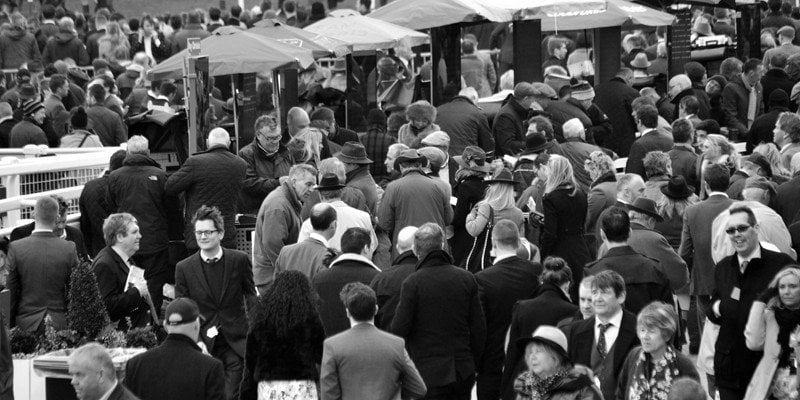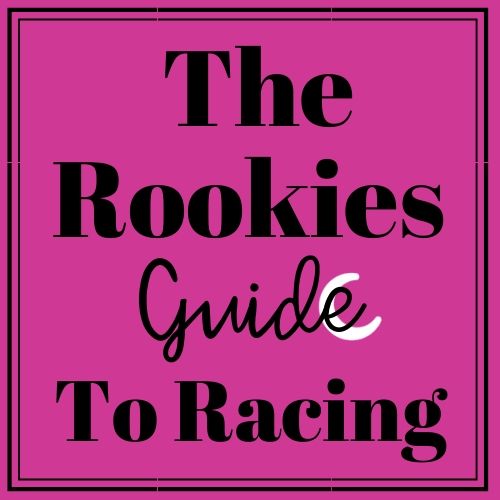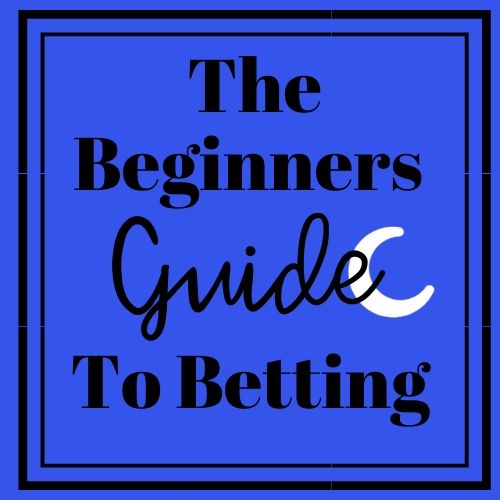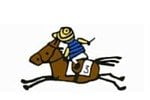Betting odds and why they change
This article contains third-party links
Betting odds
When you bet on a horse in a race you’ll find that different bookies will offer you different odds. It’s quite a similar case when you wager at online casinos in UK where the odds are different for the same game title under different operators.
This is their calculation of the probability of a win based on the horse’s previous form, whether or not they like the course, what the going is that day and so on. These are all factors that might influence the performance of that horse during the race. The bookie will then offer these odds or ‘price’ to the general public when they open the betting for that race.
Whether you place your bet with the on-course bookies or an online betting company (here you can find a Woo Casino review if you are interested in the latter), the odds are initially based on each bookmaker’s assessment of the horse’s chance of winning.
Prices are:
Odds against
The trick here is to remember the higher the number, the less the other racegoers ‘fancy’ the horse to win. An ‘outsider’ is a horse with high or long odds, or putting it bluntly, one that is less likely to win a race than you, running backwards… in high heels.
For example, high odds are 6/1 (pronounced six to one), 20/1 or 100/1. At 100/1, your winning would be £100 for £1 staked (and then they’ll give you your £1 stake back, just to add the final bit of icing to your cake). This is generally why it is a shock/thrill when an outsider wins (depending if you are the bookie or the gambler).
A ‘favourite’ or horse fancied to win has low odds like 2/1, where the return is £2 for every £1 staked.
Evens or ‘even money’ means odds of 1/1 or £1 return for every £1 staked. Not much point to that you might think, but remember you’ll get your stake back too.
Odds on or short odds are when a horse is fancied to win, and the return is less than your stake, for instance a 1/2 odds on favourite returns £1 for every £2 staked. Plus you get your stake back – so on 1/2 odds where you bet £2 you would pocket £3 for a win.
Another way of thinking about betting prices is…
Evens means a horse has a 50/50 chance of winning; odds against means that it has less than a 50% chance; and odds on, a more than 50% chance.
Sometimes the prices are expressed as more complicated fractions like 11/2 against. To work out the return, divide the top number by the bottom number. For example 11 ÷ 2 = £5.50 returned for every £1 staked. And don’t forget if you win, your stake money is returned as well. Hurrah!
When Odds Change
Playing online casino games such as Roulette for example, the chances (= odds = probability) of a winning ball will remain the same throughout the game, regardless of the number of players or the money being bet. Whereas, in horse racing the odds will change during the course of betting before the race.
So, if you are betting six days ahead of the Grand National you will get different odds than if you bet on the same horse six hours, or six minutes before the race begins. Sometimes the odds change because new information has come to light about that horse – for example he didn’t eat his breakfast so the owners have taken that as a bad sign – the factors that might influence the horse’s performance have changed and the odds are adjusted accordingly.
The odds also may shorten or lengthen depending on how much other people are betting on that same horse to win. This is not because the chance of the horse winning has improved or decreased, it is because the bookmaker is having to balance how much he can afford to pay out (in the event the horse wins) with how much money he is taking from all his bets in total.
For example, there are five horses in the race and the bookie calculates they all have an equal chance of winning (1/5); he takes a £10 bet on each horse (£50 total) and only one horse can win. If he offers odds of 1/5 he will have to pay out £2 plus £10 stake to the winning bettor = £12 and the rest of the money bet on the race (£50–£12 = £38) is his profit.
However, it is highly unlikely that the punters will all bet equal amounts of money on all of the horses – they, like the bookie – do not believe that all of the horses in the race have an equal chance of winning.
The bookie will offer different odds for each horse but to try and attract more bets for all of the horses he has to make his odds interesting. So his calculation might look like this:
| Horse – odds | Number of bets x amount staked | Total money bet | Win return including stakes | Profit for bookie from overall money bet on race |
| Merrylegs – 1 /2 | 60 x 10 | £600 | £300+£600= £900 | £100 |
| Hijinks – 2/1 | 30 x 10 | £300 | £600+£300= £800 | £200 |
| Springstep – 5/1 | 10 x 10 | £100 | £500+£100= £600 | £400 |
| Dawdle – 10/1 | 7 x 10 | £70 | £700+£70= £770 | £230 |
| History – 20/1 | 3 x 10 | £30 | £600+£30= £630 | £370 |
| Total kitty | £1000 |
In all cases here he will make a profit but if the favourite – Merrylegs – wins, the bookie has ‘balanced his book’ against the fact that 60 people have bet on that horse by offering longer odds on the others in order to attract some bets (i.e. income) on them… the money from the losing bets will help him pay out to the winners.
If he had offered longer odds on Merrylegs and the betting had developed as above he could have been badly out of pocket. For example if he had offered odds of just 2/1 on Merrylegs, and received £600 in bets, he would have had to pay out £1200+£600= £1800 return which would have left him £800 out of pocket for that race.
We therefore end up with a scenario where the bookie might have initially opened the betting on Merrylegs at 2/1 but very quickly realised that everyone was betting on that horse and not on any others… so he then began to adjust the odds to factor in the money coming in and which horses it is being bet on. This is when the odds will start to change in the run up to the race.
When you consider that bookies receive bets in thousands, perhaps millions, rather than hundreds of pounds for each race you can see how their odds could be disastrous if they have not kept pace with the money coming in on the betting and adjusted their odds accordingly. From the sample above you can also see why bookies generally hate the favourite to win (less profit) and love it when an outside wins (more profit) even though it might seem counter-intuitive that they are happier to pay out at 20/1 than 1/2.
Allison is the Publisher of Eclipse Magazine. She loves going to the Races and is learning to bet (despite being officially the worst bettor in the History of the Universe), there’s a lot more to learn…








